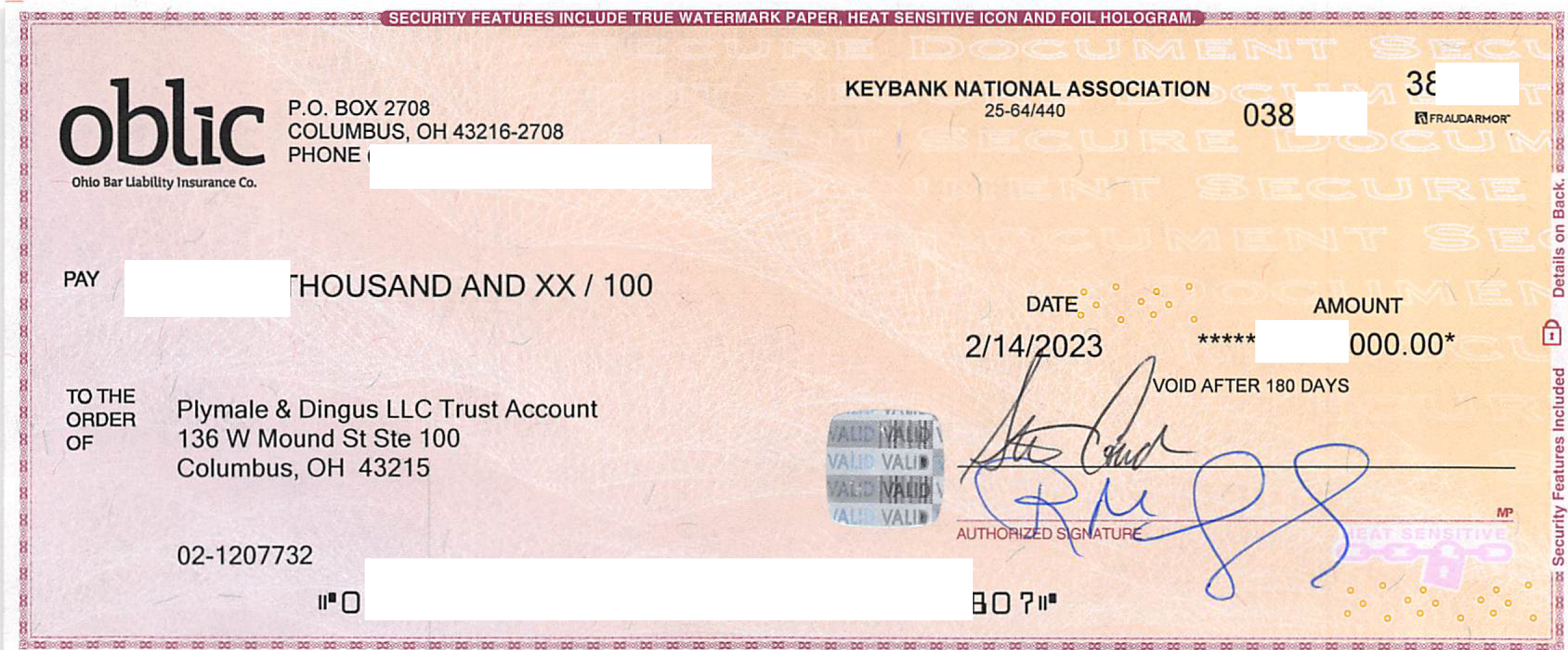This post has been read 780 times!
 September 30, 2023- by pro se litigator Steven Greer
September 30, 2023- by pro se litigator Steven Greer
I have litigated many times, sometimes with a lawyer and sometimes pro se, and the same thing happens every time I open a case. I am always willing to settle, but the opposition is not, even though they have a losing hand.
This is a moral hazard (a fancy business school term for a conflict of interest, “In economics, a moral hazard is a situation where an economic actor has an incentive to increase its exposure to risk because it does not bear the full costs of that risk.“) in the industry of litigation. The lawyers give bad advice to their clients, telling them not to settle, because they want to rack up tens of thousands of dollars in legal fees by writing the motions to dismiss.
For example, I was in court for six-years in Ohio over a small car fraud matter. Even though the two lawyers I was suing for malpractice were guilty as sin, their insurance company lawyers were not settling. The lawyers wanted legal fees. Eventually, they settled when the second partner of the law firm I was suing filed for bankruptcy. So, the clients were given really bad advice by their lawyers. They ended up being bankrupted, disbarred, and one of them is a convicted felon now too.
My latest federal lawsuit is against The Lancet medical journal. All that The Lancet has to do is publish my New York hospital ventilator death paper and I will drop the case. Instead, the lawyer, former U.S. assistant attorney Joseph DeMarco, is going to expose his clients to a huge scandal (i.e., that The Lancet colludes with the federal government to publish propaganda). Theoretically, under the fraud statute, they could have their property seized. It is in my section of relief. Of course, the lawyer for them is acting with hubris and not entertaining my efforts to mitigate.
In my first ever federal case against The Battery Park City Authority, they were using taxpayer money for their legal defense and wasted $1 million. The chairman of the Battery Park City Authority, Dennis Mehiel, did not give a crap. However, it did not end well for him. His entire administration and he got fired in disgrace. He is now part of federal case law. The law firm over-litigated so much that the judge yelled at them. They made millions from my case and their clients got screwed by losing their jobs.
In my ongoing Tucker Carlson case, he is guilty as sin. But his lawyer, Harmeet Dhillon, wants the legal fees too. Instead of settling, she is going to accrue six-months of legal fees in an effort to dodge a deposition. She has no chance of prevailing.
In my most recent federal case in Ohio, that court does a good job of mandating mediation efforts. A third-party corporate lawyer was assigned to talk to the two parties. We had a conference call one day. I thought it was going to result in settlement, but their terrible lawyer advised them otherwise. They are now going to be sued again pretty soon (I withdrew the case for strategic reasons and will be refiling it). Their legal fees will be far greater than what I would have settled for.
All of this makes no financial sense, of course. Anyone in business school can tell you that it is idiotic and what they call a moral hazard.
